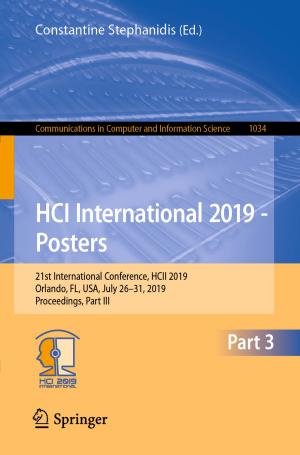Press Freedom as an International Human Right
Nonfiction, Reference & Language, Law, International, Social & Cultural Studies, Political Science, Government, Democracy| Author: | Wiebke Lamer | ISBN: | 9783319765082 |
| Publisher: | Springer International Publishing | Publication: | February 27, 2018 |
| Imprint: | Palgrave Pivot | Language: | English |
| Author: | Wiebke Lamer |
| ISBN: | 9783319765082 |
| Publisher: | Springer International Publishing |
| Publication: | February 27, 2018 |
| Imprint: | Palgrave Pivot |
| Language: | English |
This book examines why press freedom has not become part of the established international human rights debate, despite its centrality to democratic theory. It argues that an unrestricted press is not just an important economic actor, but also an influential power in the political process, a status that interferes with government interests of sustaining their own power and influence. Despite the popularity of ideational explanations in the field of human rights studies, in the case of promoting press freedom, considerations of power and strategic interests rather than ideas dominate state behavior. The author makes the case that the current place of press freedom in the human rights debate needs to be rethought not only in developing countries, but in liberal democracies as well.
This book examines why press freedom has not become part of the established international human rights debate, despite its centrality to democratic theory. It argues that an unrestricted press is not just an important economic actor, but also an influential power in the political process, a status that interferes with government interests of sustaining their own power and influence. Despite the popularity of ideational explanations in the field of human rights studies, in the case of promoting press freedom, considerations of power and strategic interests rather than ideas dominate state behavior. The author makes the case that the current place of press freedom in the human rights debate needs to be rethought not only in developing countries, but in liberal democracies as well.















